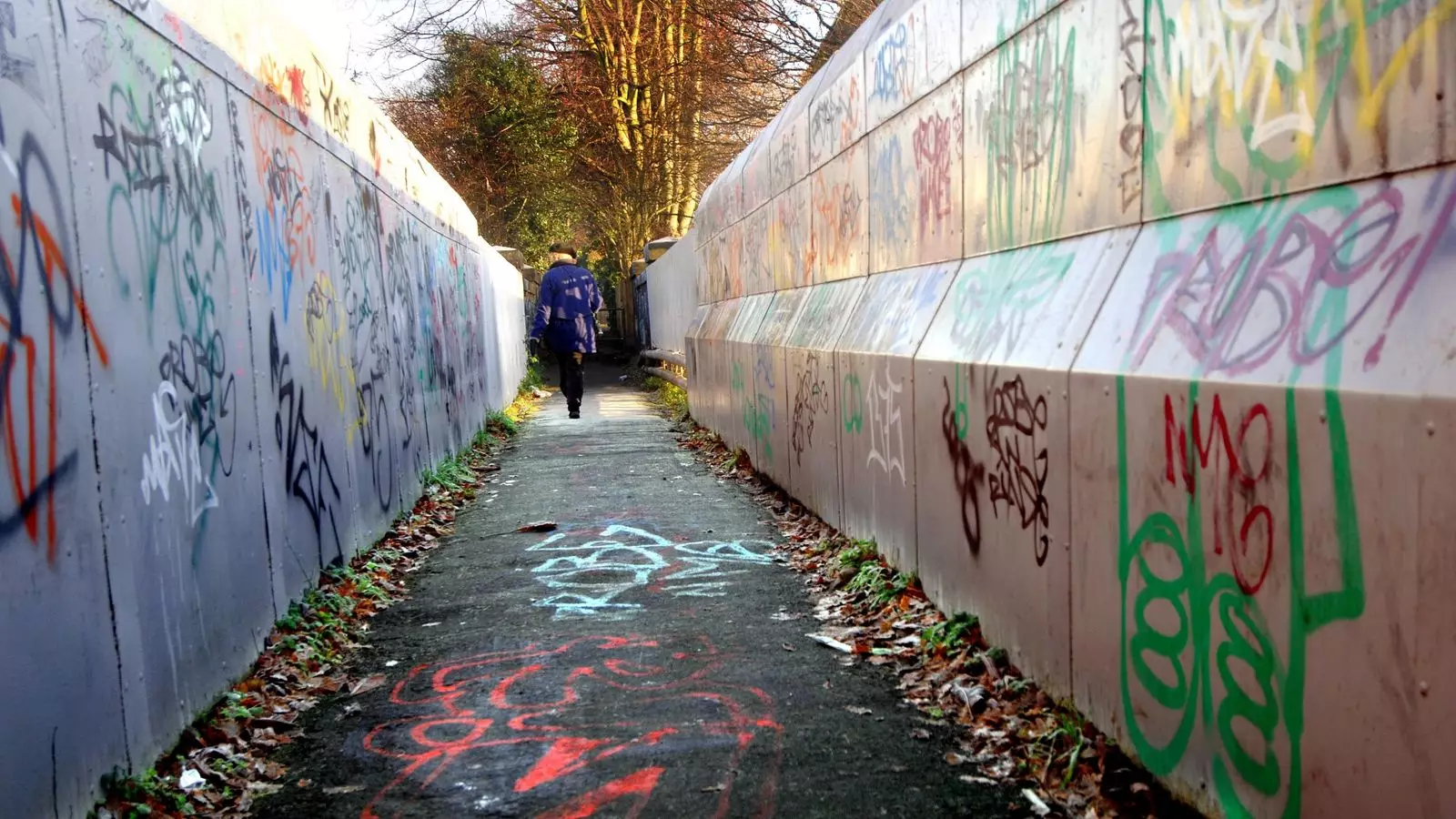In a significant shift toward restoring law and order in communities across England and Wales, the government has introduced innovative measures aimed at curbing anti-social behaviour. The newly proposed “respect orders” stand at the forefront of this initiative, designed to respond to the persistent concerns surrounding public safety and community well-being. The legislation, which is part of the broader Crime and Policing Bill, signals a strategic effort to empower local authorities and police forces in their fight against unruly conduct that has haunted neighbourhoods for years.
Under the terms of these proposed respect orders, individuals who are found in violation could face severe repercussions, including a potential two-year prison sentence. Moreover, courts may impose unlimited fines, mandate community service, or enforce curfews for those who disregard the rules. This comprehensive approach aims to not only punish offenders but also to deter others from engaging in similar conduct. Home Secretary Yvette Cooper has articulated the government’s view that anti-social behaviour possesses a detrimental effect on victims and the fabric of community life. The framing of these measures as a response to a “plague” faced by many communities underscores the urgency felt by officials in addressing these issues.
An essential aspect of the respect orders is the new authority granted to local councils and police. They will now have the direct capability to prohibit persistent offenders from accessing town centres, thereby fostering safer public spaces. This shift promises a more preemptive approach to law enforcement, where individuals can be prosecuted without prior warnings. Law enforcement is particularly emphasized in regards to off-road vehicles and electric scooters, which have presented unique challenges in urban areas.
Significantly, along with punitive measures, there is an emphasis on rehabilitating offenders. The potential requirement for individuals to undergo anger management training or seek drug and alcohol treatment illustrates a proactive strategy that recognizes the underlying issues of anti-social behaviour. This dual approach—punishment coupled with rehabilitation—may enhance the effectiveness of the legislation, as it could fundamentally alter the behaviour patterns of offenders, leading to long-term improvements in community safety.
The response to the proposed respect orders has been largely optimistic among advocacy groups. Leaders in victim support, such as Harvinder Saimbhi from ASB Help, have endorsed the focus on addressing the root causes of antisocial behaviour rather than solely leveraging punitive measures. With a staggering one million incidents reported to police within a single year, the need for systemic solutions is paramount. Deputy Chief Constable Andy Prophet emphasizes that these respect orders empower both police and councils, enabling them to restore a sense of security in public spaces.
As the government moves forward with these proposals, the upcoming trials will be crucial in determining their effectiveness and acceptance within communities. Balancing enforcement with treatment will be a delicate act, but with thoughtful implementation, these measures have the potential to significantly reshape perceptions of safety and order in public life. The success of such initiatives will ultimately rely on community cooperation and the genuine commitment of law enforcement teams to uphold these standards.



Leave a Reply